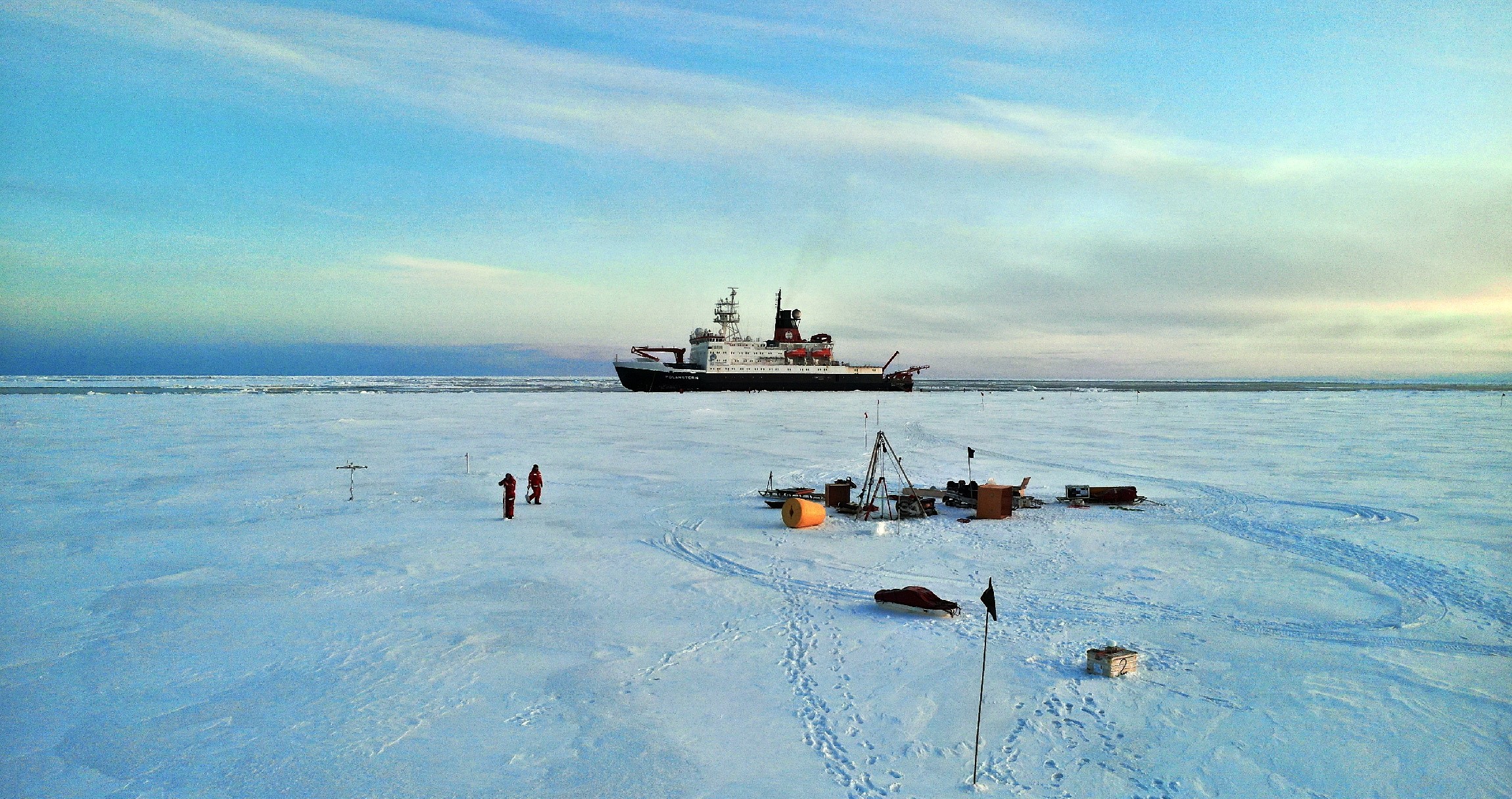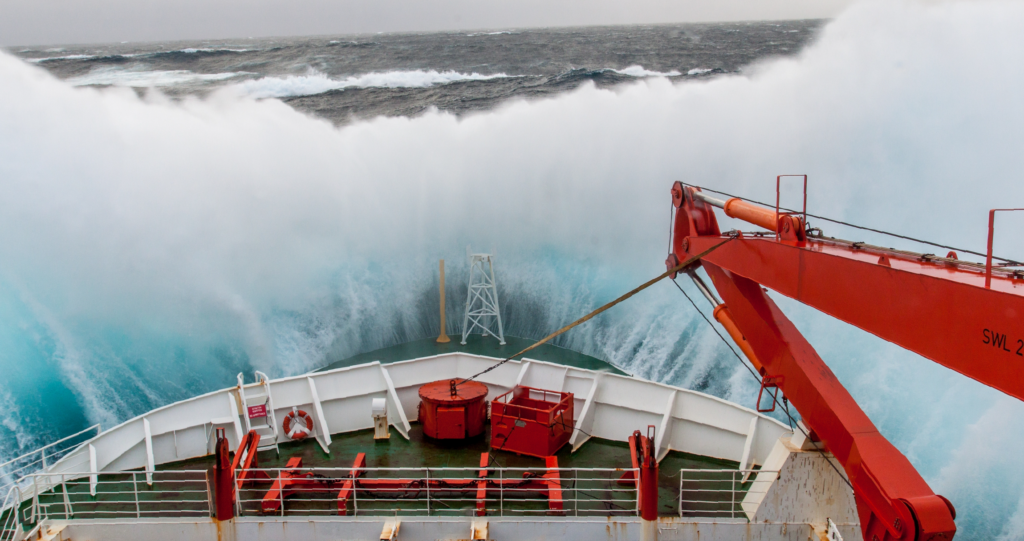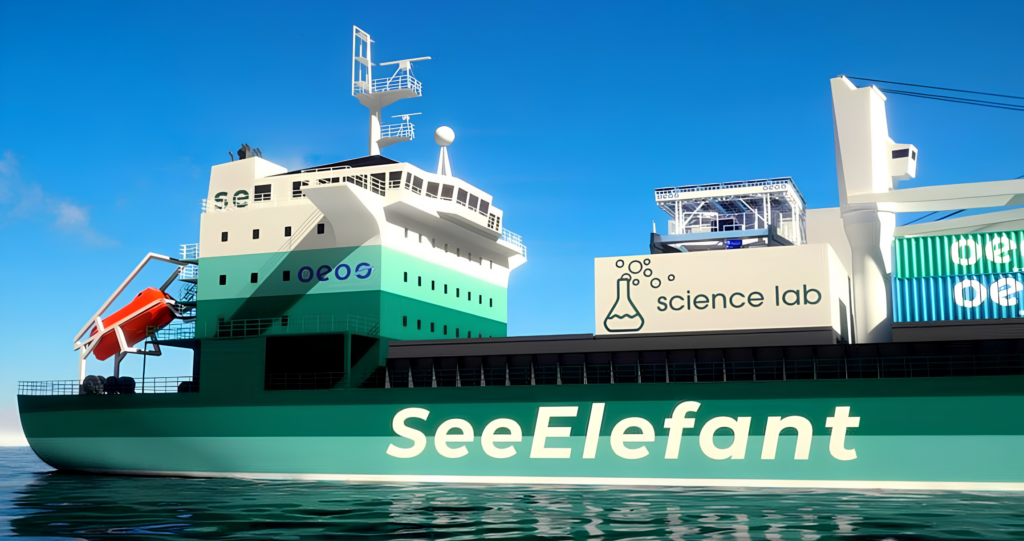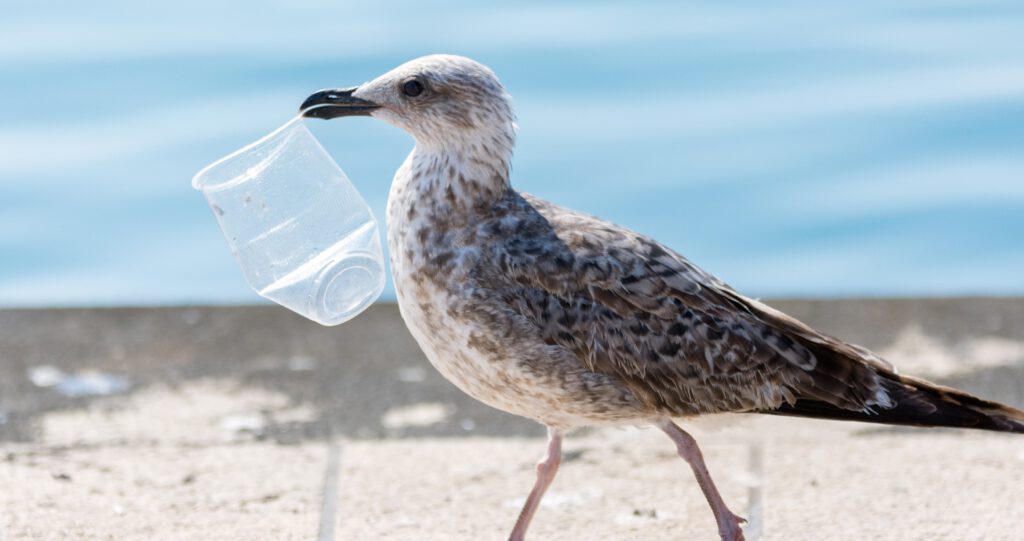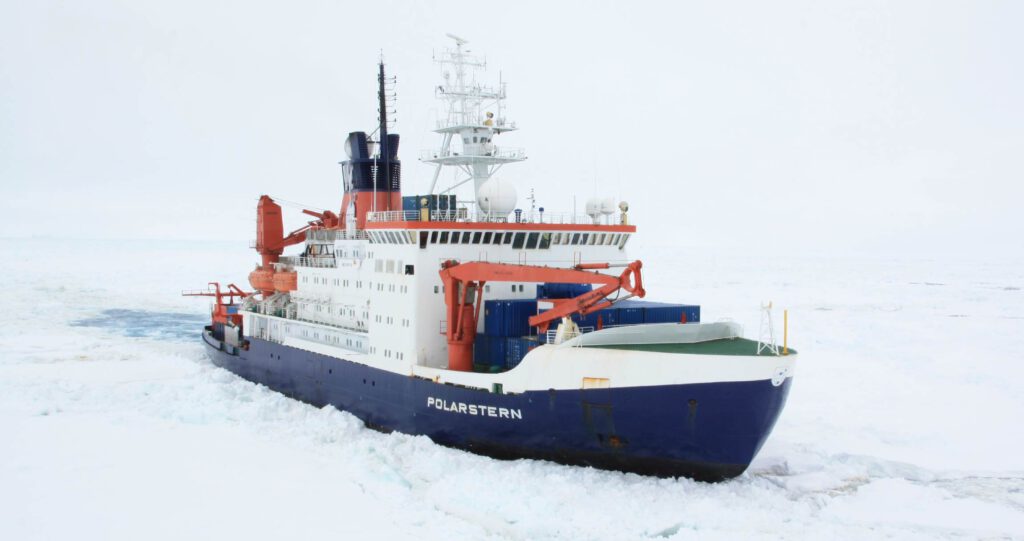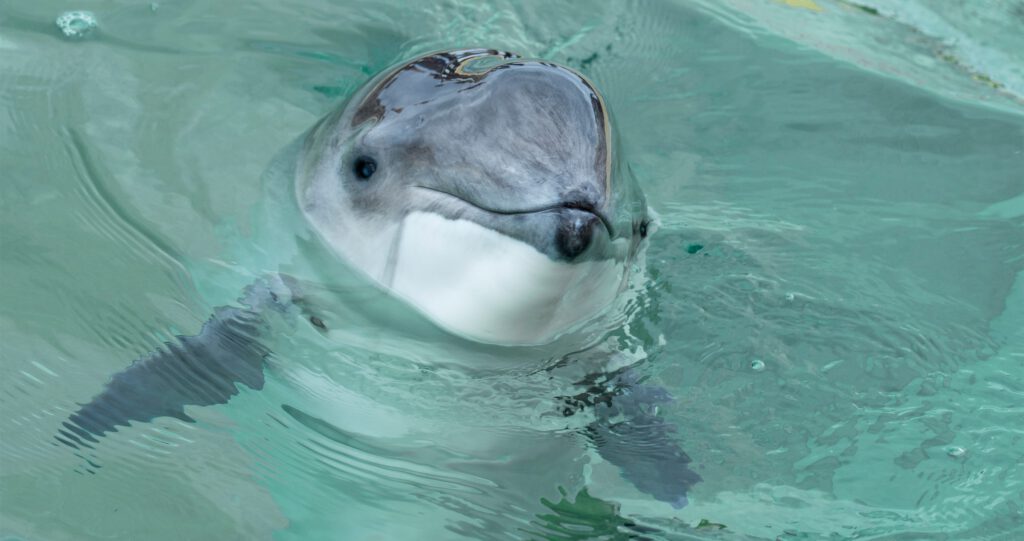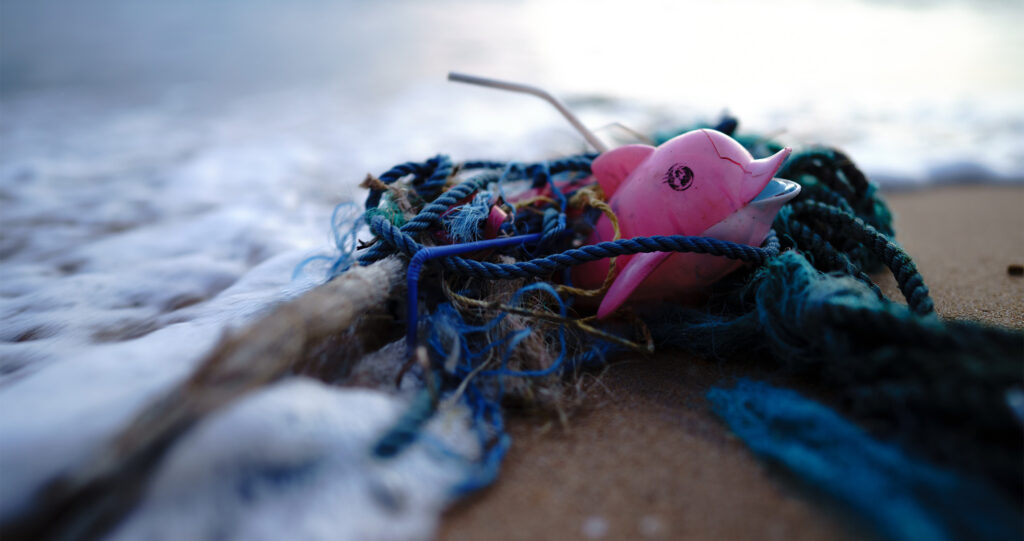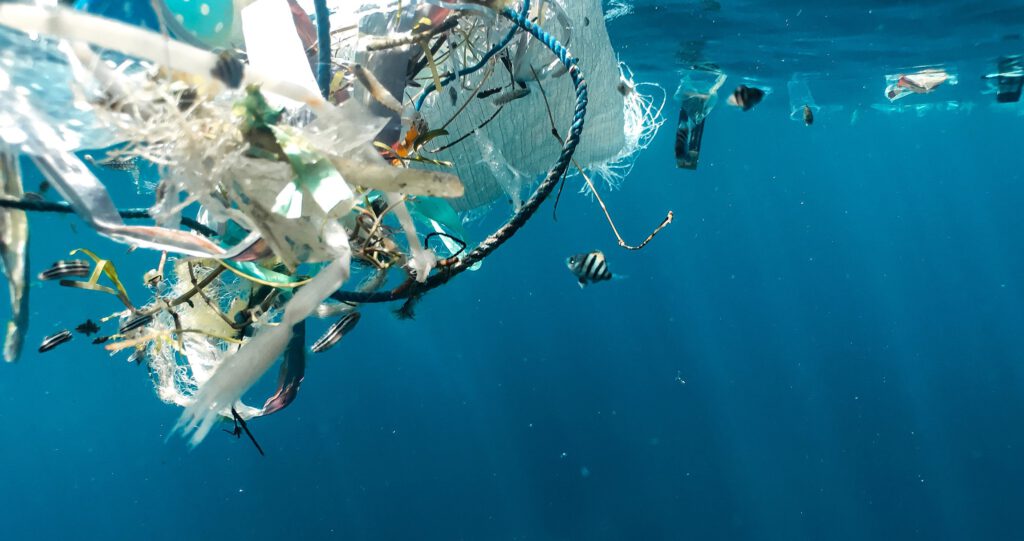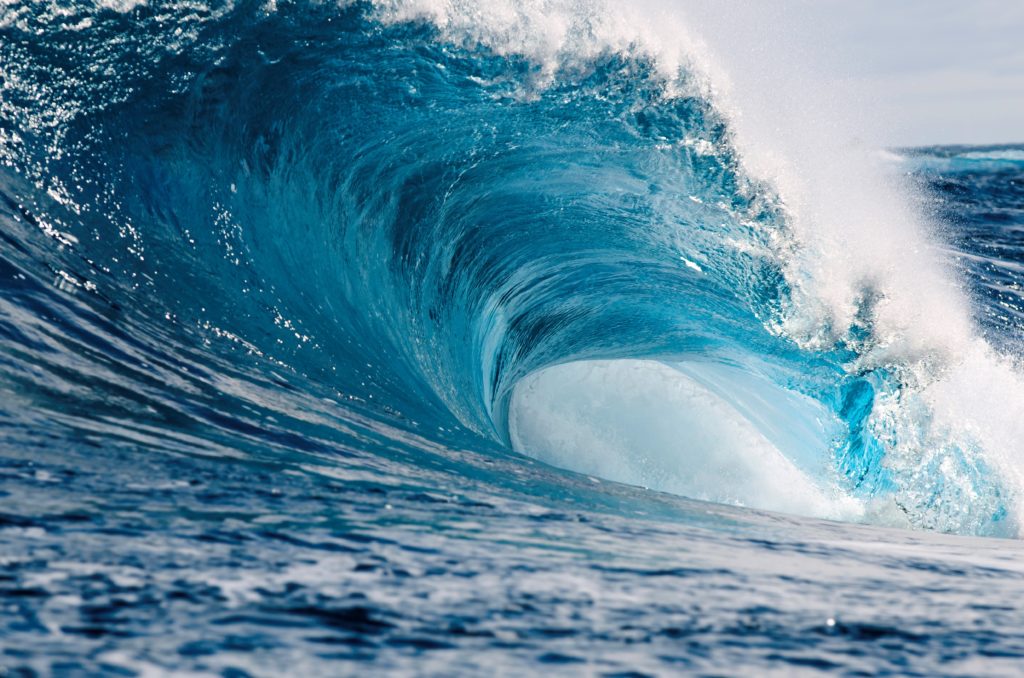Four years ago, our fascination with the depths of the world’s oceans led us to our namesake, the research vessel “Valdivia”. In April, we presented the work of the Alfred Wegener Institute (AWI) and its flagship “Polarstern” in our Future newsroom section. We are pleased to announce that we will now support the Institute — as a member of the AWI Sponsors’ Association , which supports scientific projects and events, public relations work and teaching programmes for schools, among other things.
Why the Alfred Wegener Institute
The depths of the world’s oceans have been systematically explored for well over a century. Nevertheless, knowledge about them is still limited and many results lead to more new questions than answers. For this reason, marine research is often initially basic research — but it is closely linked to our daily lives:
- The water masses of the oceans are the most important CO2 reservoir and climate regulator on Earth. As the link between increasingly frequent and extreme weather events and global climate change, they have a far-reaching influence that we still only understand incompletely.
- At the same time, the oceans are the largest available resource on our planet. They provide food, recreation, transport routes, biodiversity and raw materials.
- Sadly, man-made pollution of the oceans is now a problem that can hardly be solved without research.
The Alfred Wegener Institute, an internationally recognised centre of excellence for polar and marine research, conducts research on all of these topics. The AWI is one of the few scientific institutions in the world that is equally active in the Arctic and Antarctic. It coordinates German polar research, but also researches the North Sea and its German coastal regions. With its innovative research, excellent scientific infrastructure and many years of expertise, the AWI makes a significant contribution to understanding the Earth’s climate — a contribution that we believe deserves to be recognised and supported.
Polar regions and climate — interaction with many question marks
Heavy rainfall, hot spells — climate change is now happening before our very eyes. We know that we have to do something about it. But this requires a deep understanding of the processes: What exactly is happening? What are short-term fluctuations and what are long-term trends? How are the various causes connected? And what are the dynamics of these processes?
The polar regions and their oceans in particular play a central role in the global climate system. As a Helmholtz Centre for Polar and Marine Research, the AWI therefore concentrates primarily on the cold and temperate regions of the world. Together with numerous national and international partners, the scientists involved are trying to decipher the complex processes in the climate system. Polar and marine research was already a fascinating scientific challenge in the days of “our” Valdivia. Today, it is an essential piece of future research.
On an expedition in the Antarctic “summer”
One example of the work of the Alfred Wegener Institute is the current expedition of the Polarstern, the flagship of the AWI fleet. From 12/24 it is travelling in the Weddell sea, an area off the coast of Antarctica with a rich, diverse ecosystem. Here, the AWI has been leading the “Hybrid Antarctic Float and Ocean Observatory” (HAFOS) project for several years. The aim of HAFOS is to observe the complex movements of the ice shelf and its interaction with the regional ocean currents. To this end, measurements from research vessels, permanently installed devices in the ocean and floating buoys are combined.
To date, HAFOS has contributed to a better understanding of ocean currents and helped to document changes in these currents and thus warming processes in the ocean. The project was able to show how certain physical and chemical processes take place in the sea. One important finding, for example, is how meltwater from the ice shelf off the coast of the continent influences global ocean circulation, sea level and carbon storage.
New measuring instruments are now to be anchored in the Weddell Sea area and the currents will also be measured from the ship. In addition, the scientists will take physical and biogeochemical samples to analyse the material cycles of carbon, nitrogen, sulphur and phosphorus, for example. Previously, the Polarstern worked as a cargo ship in its “sideline” and supplied the German Antarctic stations Kohnen and Neumayer III with supplies.
Valdivia and the sea — a profound connection
Deep draft in performance, passion for the sea — that’s how we found our name Valdivia. Because “Valdivia” was the name of the German research vessel that set off on a systematic exploration of the deep sea in 1898. The expedition was led by the zoologist Carl Chun (1852 — 1914) from Höchst, now Frankfurt am Main. Equipped with the most modern research facilities of the time, the Valdivia was able to plumb ocean depths of up to six kilometres and more. It also had special nets developed by Carl Chun with which it could collect flora and fauna at almost any depth and bring them to the surface for examination.
Together with the Alfred Wegener Institute, we now invite you to support the research work ((Link 2)) that once began with Carl Chun and is now more important and topical than ever: If many do a little, a lot is done in the end!
(Image source: Alfred-Wegener-Institut)


